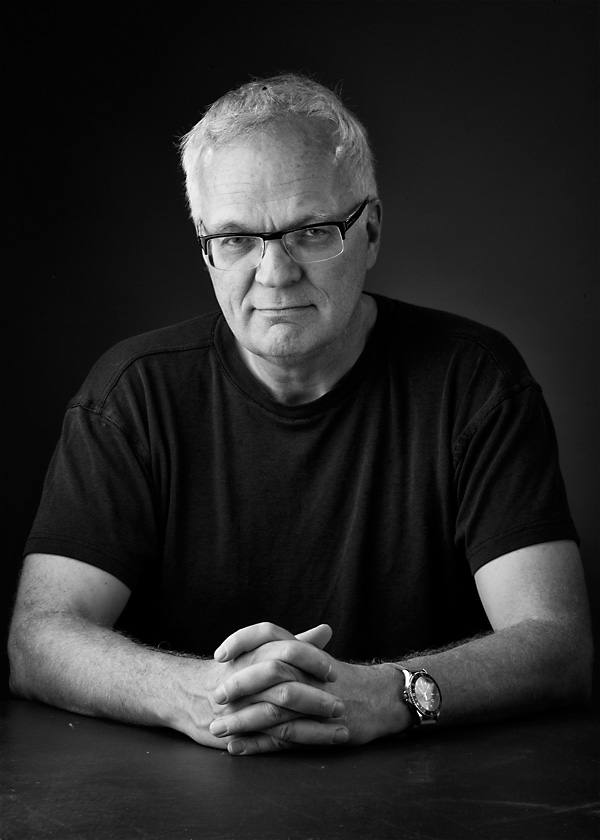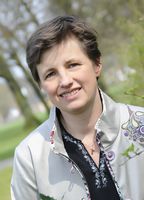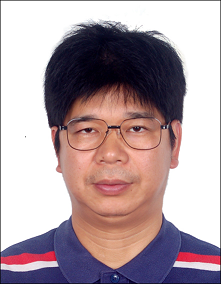Klaus Havelund (Jet Propulsion Laboratory, California Institute of Technology, USA)

A Flight Rule Checker for the LADEE Lunar Spacecraft
Klaus Havelund is a Senior Research Scientist at the Laboratory for Reliable Software (LaRS), Jet Propulsion Laboratory (JPL), California Institute of Technology. He received his Ph.D degree in Computer Science from the University of Copenhagen, Denmark, in 1994, partly conducted at Ecole Normale Superieure, Paris, France. He has worked with formal methods more than 3 decades, and at NASA for more than two decades. His current research interests include runtime verification and development of embedded software systems in high-level programming languages. He is known for his earlier work on the Java PathFinder model checker for Java, and he was part of the RAISE project (Rigorous Approach to Industrial Software Engineering) which developed the RSL wide spectrum specification language. Other work areas include theorem proving and model checking.
Marieke Huisman (University of Twente, the Netherlands)

Teaching Software Verification using Snap!
Marieke Huisman is a professor in Software Reliability at the University of Twente, leading the Formal Methods and Tools group. She is well-known for her work on program verification of concurrent software. In 2011, she obtained an ERC Starting Grant, which she used to start development of the VerCors verifier, a tool for the verification of concurrent software. Currently, as part of her NWO personal VICI grant Mercedes, she is working on further improving verification techniques, both by enabling the verification of a larger class of properties, and by making verification more automatic. A main characteristic of the VerCors verifier is that it can reason about different kinds of concurrent programs. In particular, VerCors was originally developed to reason about Java programs, but it can also be used to reason about OpenCL kernels (for GPU), or to prove that compiler directives for parallelisation, such as in OpenMP, are correct.
Naijun Zhan (State Key Lab. of Computer Science, Institute of Software, Chinese Academy of Sciences, China)

Taming delays in cyber-physical systems
Naijun Zhan is a research professor of Institute of Software Chinese Academy of Sciences (ISCAS). He got his bachelor degree and master degree both from Nanjing University, and his PhD from ISCAS. Prior to join ISCAS, he worked at the Faculty of Mathematics and Informatics, Mannheim University, Germany as a research fellow. His research interests cover formal design of real-time, embedded and hybrid systems, program verification, concurrent computation models, modal and temporal logics, and so on. He is in the editorial boards of Formal Aspects of Computing, Journal of Logical and Algebraic Methods in Programming, Journal of Software, and Journal of Computer Research and Development, a member of the steering committees of SETTA and MEMOCODE. He published more than 100 papers in international leading journals and conferences, 2 books and 4 book chapters, and edited 4 conference proceedings and 2 journal special issues. See lcs.ios.ac.cn/~znj/ for more details.